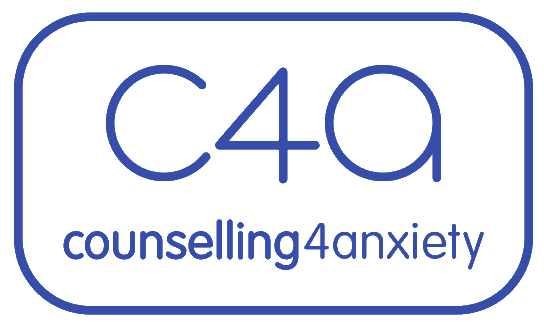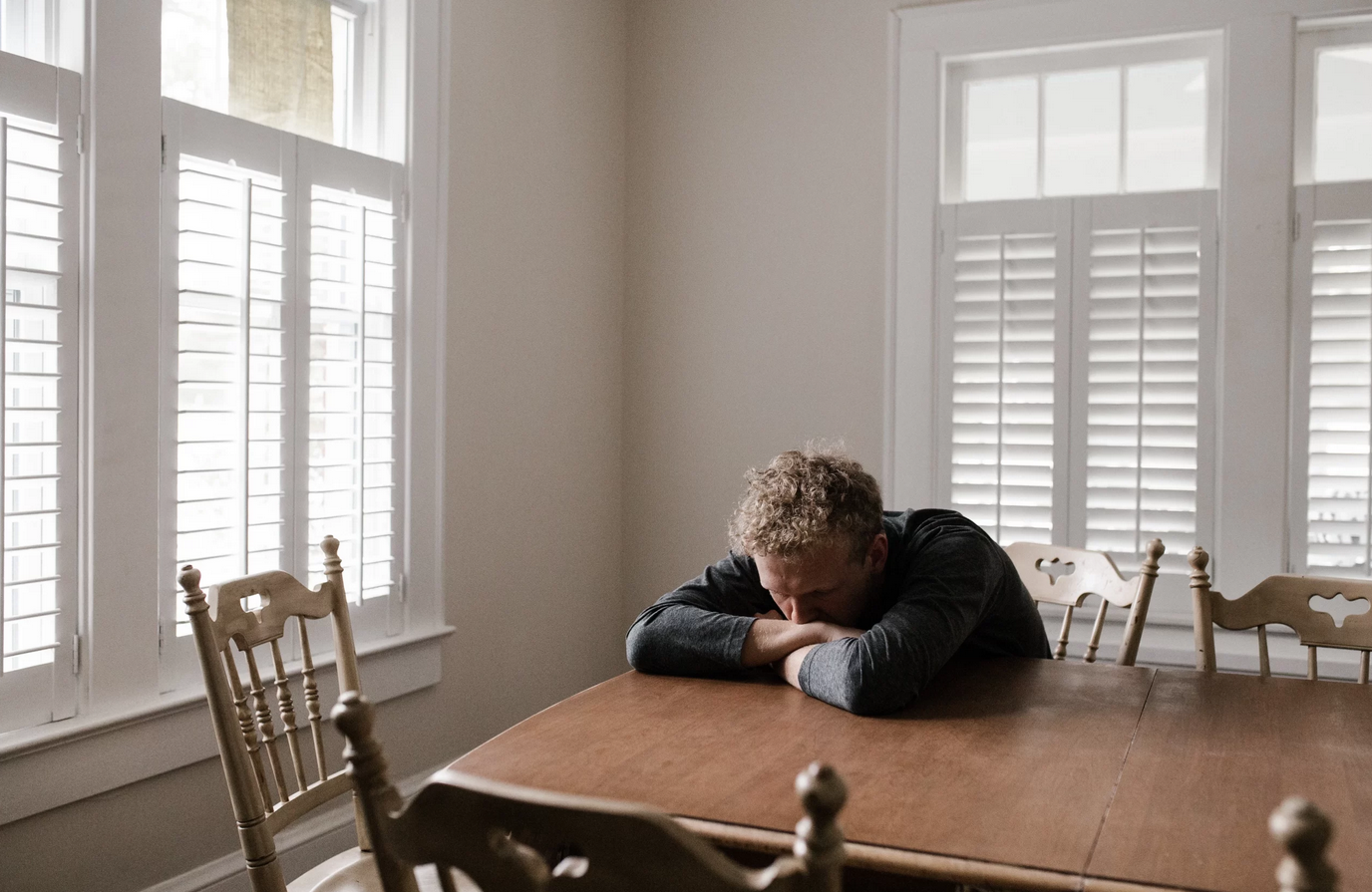The Complexity of Anxiety with OCD and intrusive thoughts
As someone from a family that was made homeless and stateless by Idi Amin in 1972, I have come to realise through painful experience, the multiple impacts of trauma on mental health, as well as on physical health.
A lifelong journey of attempting to find some form of spiritual, mental and physical equilibrium finally led me, like many, to light bulb moments in therapy.
This journey and my work with clients who endure chronic anxiety with or without OCD and intrusive thoughts, (sometimes with compulsions), demonstrates that there are a multitude of factors that lead people to be affected by these conditions. In the 1990’s when I studied Neuroscience, much was made in the science world around how science and genetics alone could unlock cures and thankfully, this argument has changed over time to take into the account the significant impact of life events which trigger these conditions. Thankfully, we are now starting to fully understand the impacts of severe traumatic shocks through life events that cause life changing mental and emotional health impacts.
Furthermore, we are as therapists, are now taking a more holistic approach to well-being and I know that one thing that I repeatedly hear from many people who suffer from both anxiety and OCD, is that they feel that their immune system has been compromised in some way and that they are more susceptible to catch things such as viral infections. In fact, some clients tell me that there is a direct link between catching a cold, flu or another viral infection and a significant uptick in their obsessions, ruminations and/or compulsions. Thirty years ago when I did my degree, any such talk in the field of Neuroscience would have seen me laughed out of the lecture room, as thought I had totally lost any grasp of reality.
Yet, we also know today that early Adverse Childhood Events (ACE’s) can lead to trauma that can lead to future clinical diagnoses of anxiety with OCD. This trauma becomes pervasive into the body functions of individuals, where it can be felt and determined through an immune system more prone to catching infections, gastro-intestinal issues and a hyper-active limbic system that creates the seat for anxiety and OCD to take root. Today, we also know that the brain is highly ‘plastic’ and that it has the possibility to heal itself through adaptive reconnections of neural pathways. Healing is therefore very possible, even in conditions deemed to be ‘serious’. We must never lose sight of that.
Our work as therapists is based on facilitating a sense of personal exploration by clients, and in holding them in a place where they can feel that they have options and new ways of looking at their conditions. This is in turn, it is hoped, can give client’s hope and over time, encourage them to take actions that can develop new neuronal connections over time.
As someone who has come into this field later in life, (and as a second career), I know that neither my ‘Neuroscience’ side or my ‘therapist’ side can fully explain mental health difficulties. By combining the two, connecting with clients and letting them navigate their wellbeing through the work, can I even try to address the outcomes that they are looking for.
Fiyaz Mughal OBE FCMI MBACP has worked for over 25 years in communities and is a qualified therapist. He specialises in conditions such as generalised anxiety, social phobias, OCD (Obsessive Compulsive Disorders), panic disorder and also works with clients to explore impacts of geographical dislocation, faith, identity and intersectionality.

